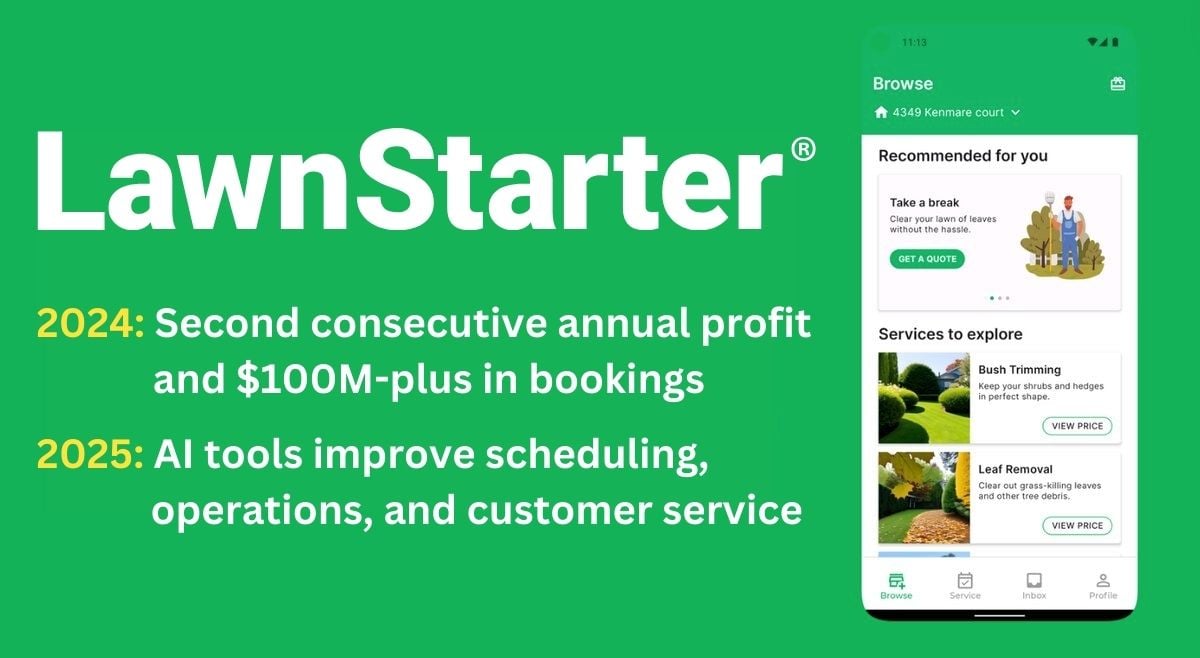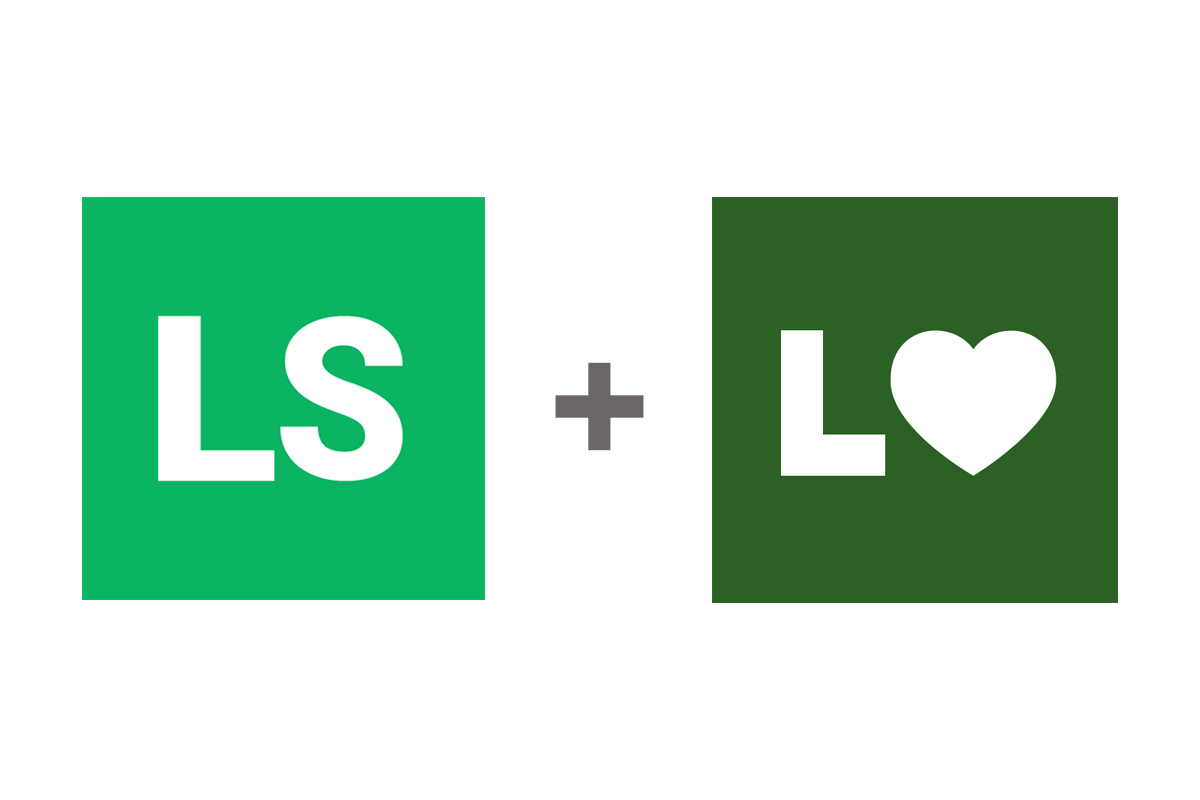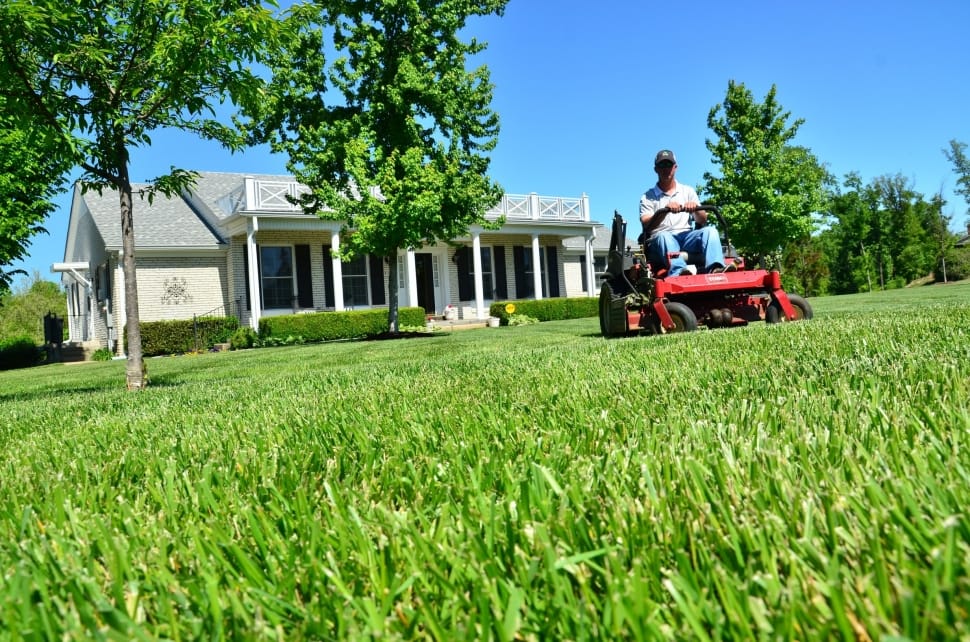
We’re witnessing the Uberization of America.
Everywhere you look, startups are claiming to be the “Uber of” whatever — moving, pizza, dog walking, drones, medical marijuana, booze and doctors, to name a few. The lawn care industry is not immune from this trend; some of our competitors proudly wear the Uber badge.
Heck, we’ve even been branded the “Uber of lawn care.” And we can’t lie: It’s a little flattering to be linked to a company that’s collected more than $9 billion in investment funding.
Fed Up With ‘Uber of X’
But we’re here to declare that we are not the Uber of lawn care. We’re not trying to ride the coattails of a multibillion-dollar brand like Uber. We’re our own brand. If anything, Uber should be the LawnStarter of on-demand car rides. (We can dream, can’t we?)
Ryan Farley, co-founder and chief operating officer of LawnStarter, says: “I’m sick of the Uber for X analogies.”
Sure, LawnStarter aims to disrupt the $77 billion lawn care industry in the U.S. But are we disruptive in the Uber sense? Not quite.
“So many people are trying to make an ‘Uber for X’. There’s only one Uber, and that’s Uber,” Farley says. “We’re not an on-demand, real-time company. It makes no sense for lawn care to be that way.”
LawnStarter offers an app, but our business model doesn’t rest on it.
We’re Not ‘On Demand’
Farley and our CEO, Steve Corcoran, initially launched LawnStarter in 2013 to deliver technology to lawn care providers so they could improve efficiency and, ultimately, earn more money. Corcoran and Farley soon found out, however, that beyond the technology piece, lawn care providers were struggling with acquiring new customers. So they pivoted their business model to make LawnStarter more consumer-facing.
Today, LawnStarter makes lawn care carefree for thousands of customers in Austin, Dallas, Fort Worth, San Antonio and Houston, TX; Jacksonville and Orlando, FL; and Washington, DC. Whether it’s online, over the phone or via app, LawnStarter connects consumers with lawn care providers, then manages scheduling, billing and other tasks associated with consumers’ accounts.
Yep, we’ve got an app. But you can’t just tap our app a couple of times and instantly summon a lawn care provider to your home. In other words, we don’t fall into the on-demand bucket. And as it stands now, not one of LawnStarter’s competitors truly can claim to be an on-demand service.
Marketing guru Mark Ritson says it’s a mistake to Uberize your business.
Photo: Marketing Week
Pros and Cons of ‘Uber of X’
When Corcoran and Farley started LawnStarter, Corcoran had never used Uber and Farley had used it just once, so it’s clear that Uber wasn’t their inspiration. Rather, they were inspired by helping consumers enjoy carefree lawn care and helping lawn care professionals gain customers.
“I get why people use the ‘Uber for X’ analogy, because it’s super easy,” Farley says.
However, he says, it’s useless to apply the “Uber for X” analogy to a company when it doesn’t fit. And in the case of LawnStarter, the Uber comparison falls flat.
“It’s always a mistake to see one brand in terms of another. Every brand is literally unique,” marketing guru Mark Ritson tells the LawnStarter blog. “So when you hear a bank trying to be the Apple of retail banking or a startup trying to be the Uber of its category, it fills you full of marketing dread. A brand is its own thing and is not to be conceptualized with reference to another.”
Marketing professor Jenny Darroch understands the simplicity of “Uber of X.”
Photo: Twitter/Jerry Darroch
Jenny Darroch, a marketing professor at Claremont Graduate University in Claremont, CA, says she understands why “Uber of X” has become marketing shorthand: It’s a quick way to grasp a company’s business model.
“While being an ‘Uber of X’ doesn’t necessarily reflect a business in the sharing economy, it does indicate that technology is used to give on-demand delivery of a product or service,” Darroch tells the LawnStarter blog. “So if I see the ‘Uber of X,’ I quickly get what the business is offering.”
However, Darroch thinks the brand value of Uber likely will diminish over time as it evolves into a generic term, just as “escalator,” “linoleum,” “rollerblades” and other brands have in the past.
Marketing expert Shanna Goodman says “Uber of X” branding is “gutsy.”
Photo: Ampersand Business Solutions
An Unattainable Standard?
Another marketing expert, Shanna Goodman of Manhattan, KS, agrees that “Uber of X” branding can instantly signal what a startup does, but doing so can establish a hard-to-achieve standard. Goodman says that when someone slaps the “Uber of X” label on a new concept or company, it reminds her of “American Idol” contestants taking on a Whitney Houston song.
“It’s a really gutsy move, because if you fall short, you’re in direct comparison with a master,” Goodman tells the LawnStarter blog. “Instead, the startup probably needs to put some more time into defining what problem they solve for prospective customers.”
Uber is one of the giants in the “sharing” economy.
Photo: Uber
Cashing in on Uber
So, what’s driving the “Uber of X” phenomenon — however ill-advised it may be — in lawn care and other industries? Business writer Laura Entis offers this take:
As the sharing economy has … taken off — thanks, in very large part to Uber — startups are looking to cash in on Uber’s explosive success and the white hot market it helped create. Meanwhile, for journalists, it’s just so easy: Writing about a company that uses mobile devices to coordinate the on-demand delivery of a service or product?
Entis wrote that passage in 2014. But does it still apply in 2016? To a large extent, it does. However, has “Uber of X” lost some of its luster? New York Times writer Farhad Manjoo suggests that’s the case.
“The lesson so far in the on-demand world is that Uber is the exception, not the norm. Uber, but for Uber — and not much else,” Manjoo wrote in March 2016.
We couldn’t agree more. We’re really proud to steer clear of the Uber tag, even though we’re fans of Uber.
Top photo: Flickr/Josh Hallett










